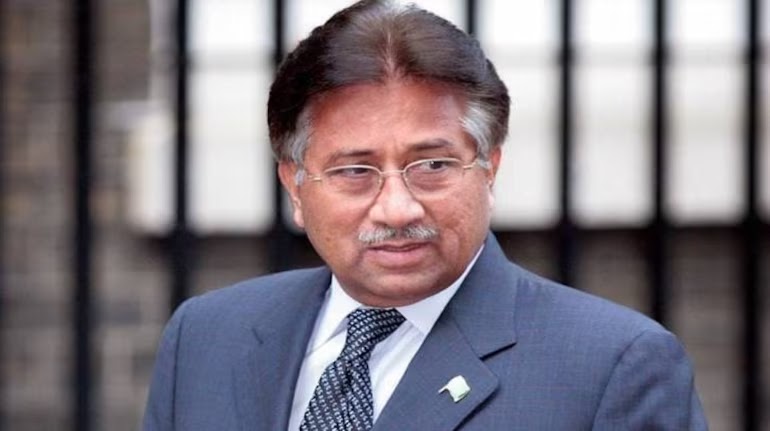Pakistan's former president and military leader, General Pervez Musharraf, who orchestrated the 1999 coup, passed away at the age of 79
 |
| The former President of Pakistan, Pervez Musharraf |
The former President of Pakistan, Pervez Musharraf, passed away in Dubai after a prolonged illness. His death was confirmed in a statement from the Pakistan military. During his presidency from 2001 to 2008, Musharraf faced numerous assassination attempts and was at the forefront of the battle between militant Islamists and the West. Despite opposition, he supported the US "war on terror" after 9/11. In 2008, he suffered defeat in the polls and left the country, but returned in 2013 to contest the election. He was arrested, charged with high treason and sentenced to death in absentia, only to have the decision overturned later. Musharraf sought medical treatment in Dubai in 2016 and lived in exile there until his death.
His body will be flown back to Pakistan following the submission of an application by his family, according to Geo News. The Pakistan military expressed their condolences, as did President Arif Alvi and Prime Minister Shehbaz Sharif.
Also Read: Economic Crisis Worsens as Beverage Industry Challenges Proposed "Sugar Tax" in Pakistan
Musharraf's rule was marked by controversy. While some credit him with reviving the country's economy, he faced several court cases, including accusations of failing to provide adequate security for former Prime Minister Benazir Bhutto. In 2019, he was sentenced to death in absentia for treason, though the sentence was later overturned. Nevertheless, he never returned to Pakistan.
Fawad Chaudhury, a senior leader in Imran Khan's party and a former aide to Musharraf, praised the former president's impact on the country, calling his era "one of the best in Pakistan's history". However, Mosharraf Zaidi, the CEO of an Islamabad-based think tank, blamed Musharraf for the "destruction of Pakistan".
Also Read: Pakistan's Rupee Depreciates to Lowest Against US Dollar in Open and Interbank Market
Musharraf's involvement in the Kargil conflict in 1999 while serving as army leader divided opinions in India, with some viewing him as an adversary, while others saw him as a force for peace during his presidency from 2002 to 2007. Shashi Tharoor, a former UN diplomat, described Musharraf as "smart, engaging and clear in his strategic thinking".